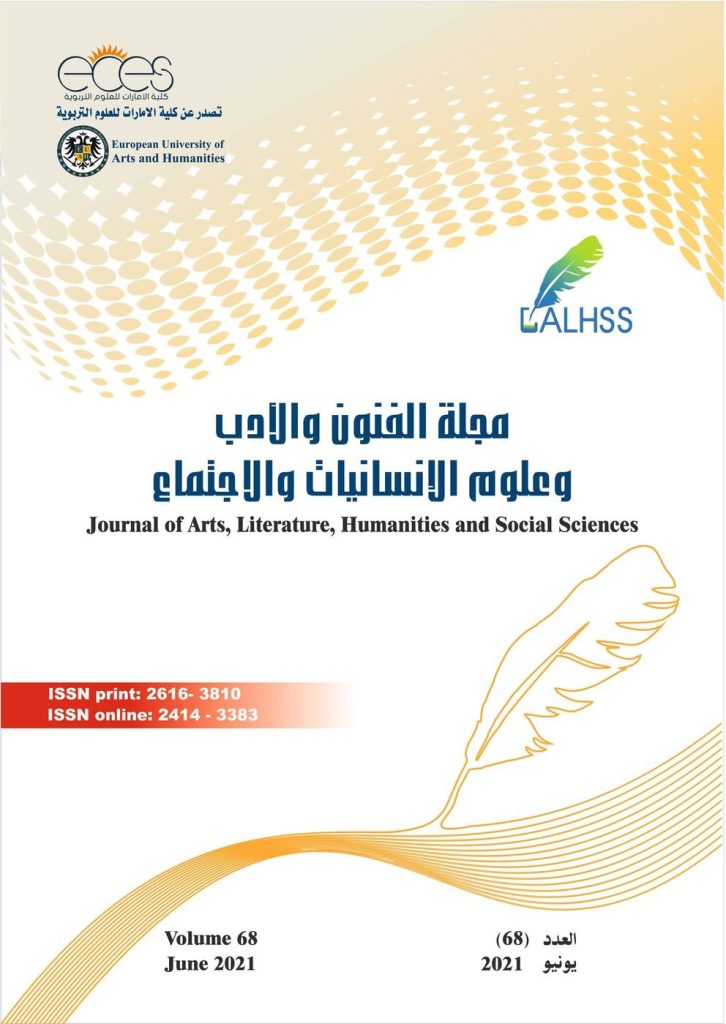
The impact of Classroom Activity in Enhancing Working Memory Development in Preschoolers pdf
ملخص الدراسة
Introduction
Working Memory develops during toddlerhood and continues through adolescence and early adulthood. The primary factors determining the level of brain development in pediatrics are genetics and the environment (Basset, Denham, Wyatt, & Warren-Khot, 2012). Although the genetic factor cannot be manipulated, research shows that the environmental component can be substantially changed (Lillard, 2012). The environment involves the interactions that a child is exposed to. Such research suggests that the children who exhibit delayed in the level of working memory could be helped with adequate ways of specialized training. The proficiency of working memory is dictated by how fast and efficient information travels between different areas of the brain. How well a child performs academically, socially, and emotionally is defined by the working memory level he or she has (NSCDC, n.d.).
The study will focus on how classroom activitieswill benefit preschoolers’ social and working memory development. According to a working paper of Building the Brain's Air Traffic Control System, “Large individual differences in working memory at kindergarten entry can have important implications for children’s adjustment and success in and out of school as well as in their relationships with others”. Scientists have emphasized the importance of social domain; playing and activities with peers or adults can be an effective practice for improving children’s braindevelopment.
The significance of children’s interacting in preschool groups is to carry out prosaically behaviors in the social development (Evangelou, 1989). Preschool group’sinteraction among young children can have several advantages for preschoolers' critical development, such as offering instruction, involving in collaboration activities, promoting socialization, and being aware of peers' roles in different social positions (Evangelou, 1989). Preschool classrooms increase social development in order to improve working memory in preschoolers.
Since these brain faculties develop from early childhood to post-puberty, it is arguably true that older children have better working memory skills compared to younger ones. The research question: Is classroom activities helpful for preschoolers' social and working memory development?
خصائص الدراسة
-
المؤلف
Alhakami ، Nouf M.
-
سنة النشر
24 - 05 - 2019
-
الناشر:
جامعة عين شمس، کلية البنات للاداب والعلوم التربوية
-
المجلد/العدد:
المجلد: 20 الجزء الثانی
-
المصدر:
مجلة البحث العلمى فى التربية
-
الصفحات:
1 - 8
-
نوع المحتوى:
بحث علمي
-
اللغة:
العربية
-
ISSN:
2356-8348
-
محكمة:
نعم
-
الدولة:
مصر
-
النص:
دراسة كاملة
-
نوع الملف:
pdf


